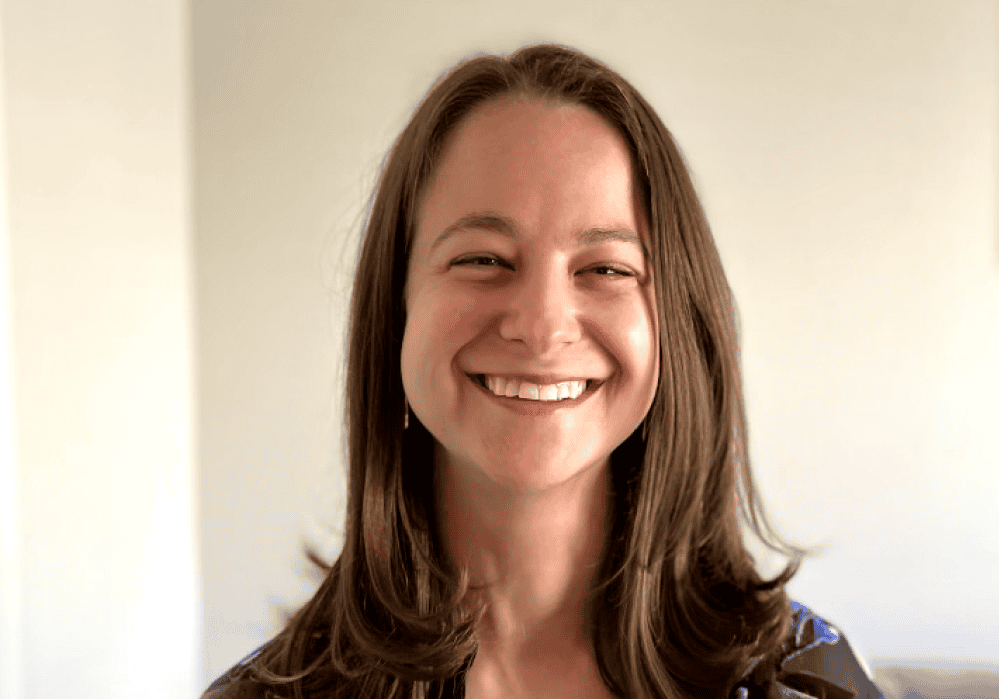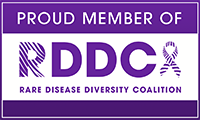
“Scleroderma has changed every aspect of my life,” says Jennifer Zelnick (dx 2020). In early 2018, she first began experiencing symptoms when she felt numbness in her hands and feet. She also started feeling cold at the rock climbing gym, even when those around her were comfortable. Her symptoms persisted, and in August, she moved to Cambodia to conduct anthropological fieldwork for her PhD. It was there that she realized something was seriously wrong.
“Whenever I was in an air-conditioned room, my hands and feet would become so numb I couldn’t move them, let alone type or do other work,” Jennifer recalls.
When she made a brief visit back home to visit her primary care physician in 2019, her ANA blood test result revealed positive anti-centromere antibodies, which are mainly associated with scleroderma. Jennifer eventually returned to California and visited a rheumatologist who diagnosed her with limited cutaneous systemic sclerosis (lcSSc) in 2020.
As she completed her PhD, her diagnosis and new immunocompromised status forced her to reassess her career. “I realized that limited my academic job prospects because I was unable to live in cold climates and was unwilling to move anywhere without access to a Scleroderma Center of Excellence,” she explains.
Scleroderma has also made Jennifer more reliant on her spouse. “He does the lion’s share of cooking, including handling anything cold, and he generally does more work around the house because of my fatigue and pain,” she says.
Despite these challenges, Jennifer is hopeful about the future. “I love life and want to live well, for a long time,” she says. “Scleroderma research is important to me because I—and all of my friends with scleroderma—deserve to live long, happy, healthy, and fulfilling lives.”
Why does Jennifer #SayScleroderma? “I #SayScleroderma because, although it is a rare disease, it affects many people and it should not take years for patients to receive a diagnosis,” Jennifer says. “I #SayScleroderma because racial disparities in diagnosis and survival persist, and I should not have a better outcome or a shorter time to diagnosis because I am white.”
Thank you, Jennifer, for sharing your story and joining us to #SayScleroderma. This Scleroderma Awareness Month, be part of the conversation—share your story and spread the word about scleroderma, because not enough people know what it is or does.

